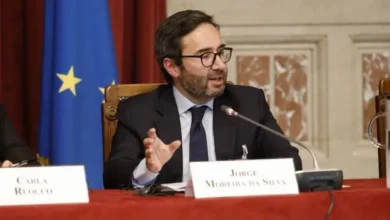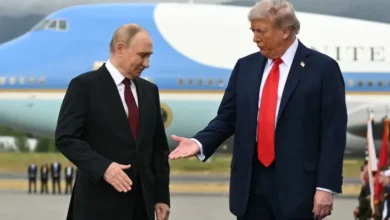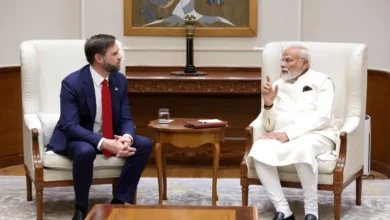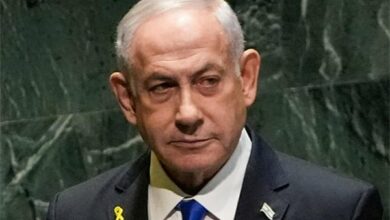Brazil expresses concern over Meta’s changes to content moderation
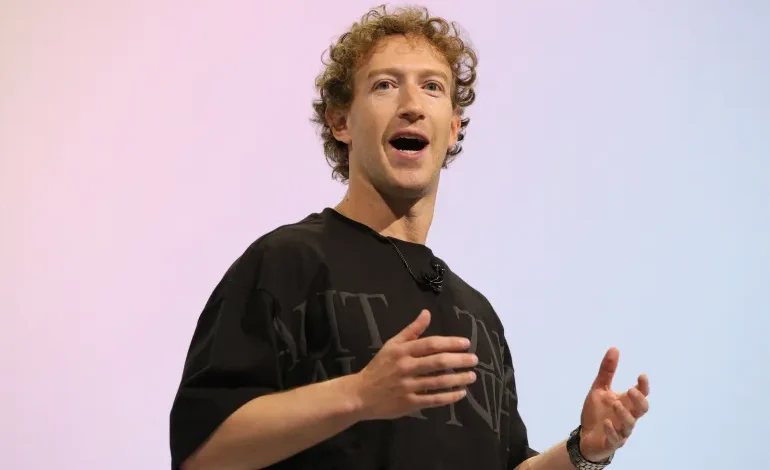
Brazilian authorities have expressed “serious concern” over a recent announcement by the social media giant Meta that they will ease their policies restricting incendiary speech and fact-checking.
In a statement on Tuesday, the Brazilian attorney general’s office (AGU) said that it would ask for more information from Meta, adding that the policy change may not comply with Brazilian law.
“Some aspects contained in the Meta document cause serious concern. The changes now reported by Meta, are not in line with Brazilian legislation and are not sufficient to protect the fundamental rights of citizens,” the office said in a statement.
Last week, Meta, which owns platforms like Facebook and Instagram, scrapped a third-party fact-checking programme, on the basis that it had become a “tool to censor”.
The company also indicated it would loosen curbs on rhetoric that could be seen as hostile to groups such as immigrants and LGBTQ people.
“We’re getting rid of a number of restrictions on topics like immigration, gender identity and gender that are the subject of frequent political discourse and debate,” Meta said in a statement. “It’s not right that things can be said on TV or the floor of Congress, but not on our platforms.”The shift away from fact-checking came within weeks of United States President-elect Donald Trump taking office on January 20. Trump has repeatedly criticised social media platforms as biased.
Meta has said in a subsequent letter that the fact-checking changes will only apply within the US and changes to community standards are “limited” to hate speech policy.
“AGU and other ministries understand that the current terms of use, as well as the changes now informed by Meta, do not fit with Brazil’s legislation and are not sufficient to protect fundamental rights,” Brazil’s attorney general’s office said.
Brazil has become a flashpoint for debate over freedom of expression and the responsibility of social media giants to restrict hate speech and the spread of false claims on their platforms. Government authorities there previously clashed with powerful tech mogul Elon Musk and his social media company X, formerly known as Twitter, over questions of content moderation.
Brazilian President Luiz Inacio Lula da Silva also signed a bill on Monday banning the use of smartphones at school.
